Stirring controversy even before its official start, this week's International Conference on Combating Antisemitism in Jerusalem made headlines long before it took place.
The international antisemitism conference, held in Jerusalem this week, surprised the political scene in Israel and beyond its borders, marking a shift in the political narrative of Europe's right wing.
Hosted by the Ministry of Diaspora Affairs, the event was aimed at addressing "contemporary antisemitism" and raising awareness about its key drivers "posed by the evolving realities" since Hamas' 7 October attack.
Among those attending: Jordan Bardella, leader of France’s National Rally party (RN) and Marion Maréchal, granddaughter of RN's predecessor National Front founder and Holocaust denier Jean-Marie Le Pen.
Prominent figures in Jewish communities worldwide were among those boycotting, including French philosopher Bernard-Henri Lévy, German antisemitism commissioner Felix Klein, CEO of the Anti-Defamation League Jonathan Greenblatt, and others.
Chief Rabbi Pinchas Goldschmidt, President of the Conference of European Rabbis (CER), told Euronews he also received the invite, but declined it after hearing the reaction of "all major European Jewish organisations and national organizations in Europe."
Rabbi Goldschmidt's reasons for declining included the fact that the country's president was also not attending the event, organising a private reception in his residence instead.
“If the president of Israel does not attend this conference, I'm not going to attend it either,” he said.
The event was organised by Minister Amichai Chikli, who is in charge of fostering ties between Israel and the Jewish diaspora and fighting antisemitism. And when it comes to the latter, the conference managed to bring in what used to be an unimaginable ally: European right-wing politicians.
However, Israel is not "turning a blind eye on Holocaust deniers," Chikli told Euronews.
“I think that when you look at the real threat and the main threat, it is coming from radical Islam. And therefore, here we can have mutual allies that in the past we didn't work with.”
And this, according to Chikli, is the case with France's far-right party.
“We are well aware of the history of the party. We are well aware of the history of (RN leader Marine Le Pen’s) father. We know he was an antisemite. And we do not forget him," Chikli said.
"But, take a look. Who is speaking against Hamas? Who is speaking against radical Islam? Who is speaking against the decisions of the ICC against our prime minister and the minister of defence? These are Bardella, Marine Le Pen, these are our allies in Europe. So that is the new reality. Now, if for someone it's a challenge, that's okay.”
Right-wing rebranding
In a speech at the conference, Israel’s Prime Minister Benjamin Netanyahu said that antisemitism was growing in European capitals, the Western press, social media and in elite US universities, blaming the American campus protests against Israel’s war in Gaza on “a systemic alliance between ultra-progressive left and radical Islam.”
It's a message that seems to be at the very core of this new alliance. Speaking to the Jerusalem Post ahead of the conference, Bardella outlined what he described as the new front line of the struggle against anti-Semitism in the 21st century.
“This resurgence comes from two phenomena that I fight against: Islamist fundamentalism and its best ally today, the French radical left," Bardella said.
Marion Maréchal, the niece of Marine Le Pen and an MEP with the European Conservatives and Reformists Group, called it "a natural alignment".
‘It's been years now that our compatriots of Jewish faith have turned to voting, to the national body, whether it's the National Rally or myself in the European elections," Maréchal said.
"I would like to thank Minister Chikli, who invited us, for having finally put an end to this sort of taboo, if I may put it that way, and which now enables us to work in harmony with a certain number of Israeli officials.”
Rabbi Goldschmidt told Euronews that this alignment comes from what "the far-right groups promise to their electorate which others don't."
"The main promise of the far right, and it differs from country to country, is the promise of personal security. And for the Jewish community, since 7 October, the issue of personal security has become a prime issue," he explained.
The Jewish community in France is the largest in Europe, yet it's still facing significant prejudice. Last year, the country saw a total of 1,570 antisemitic acts registered in France - 6% less than in 2023, but three times more than in 2022.
Rabbi Goldschmidt told Euronews that in the Parisian suburb of Sarcelles, over 70% of members of the Jewish community voted for a far-right candidate.
“This shows to what extent there is a problem which has to be dealt with, also with regard to Europe and with regard to the voters in Europe,” he pointed out.
Netanyahu’s domestic struggle
As Israel’s government seems to have found new allies in Europe and bigger support from the administration of US President Donald Trump, Prime Minister Netanyahu is facing growing internal issues.
After bringing an end to a two-month ceasefire that saw the release of dozens of Israeli hostages from Gaza in return for nearly 1,800 Palestinian prisoners, Israel is now reportedly planning a new, more significant ground operation in Gaza that could involve occupying large portions of the Strip.
Questions are increasingly being asked, including from Israeli society, whether this would help bring back the hostages still being held by Hamas or put their lives in even more danger, while at the same time causing more devastation and more death in Gaza.
Protesters rallied on Tuesday and Wednesday in Jerusalem and Tel Aviv, demanding an immediate hostage deal, in reaction to Netanyahu’s decision to resume fighting in Gaza, which the protesters see as politically motivated.
On Thursday, Israel’s parliament passed a key part of the prime minister's plan to overhaul the judiciary, angering critics and protesters who see it as a power grab by the government.
The law gives the government a more prominent role in appointing judges.
Israel’s government put the judicial overhaul on hold after the outbreak of the war in Gaza, and in January 2024, the Supreme Court shot down another key component that would have prevented judges from striking down some government decisions.
The effort regained momentum this month after Israel ended its ceasefire with Hamas and resumed its offensive. That helped solidify Netanyahu’s governing coalition, which relies on far-right parties that want to continue the war.

 4 days ago
6
4 days ago
6
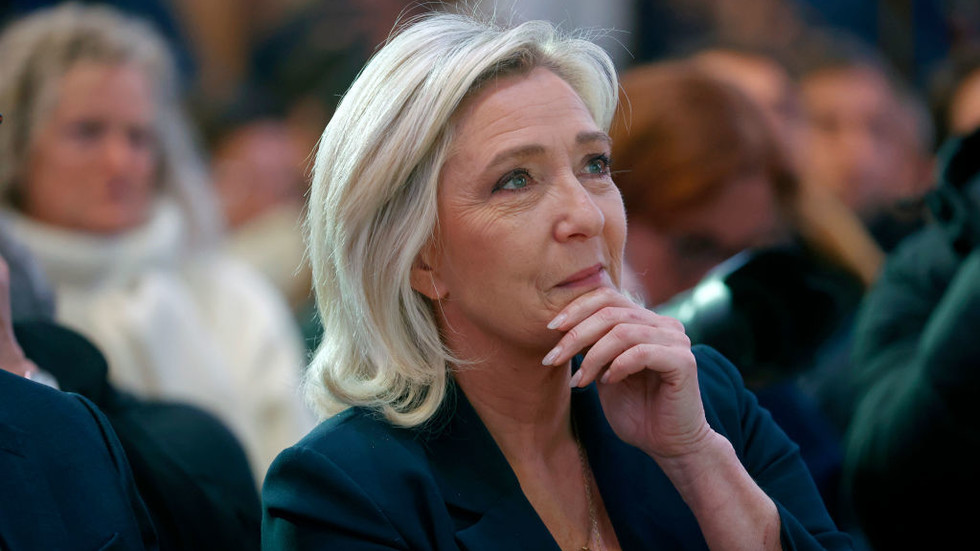

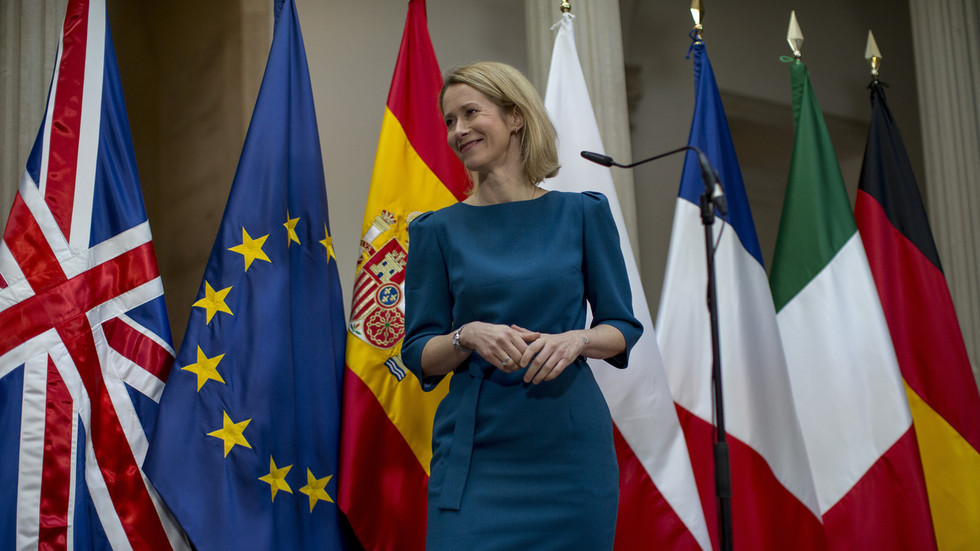
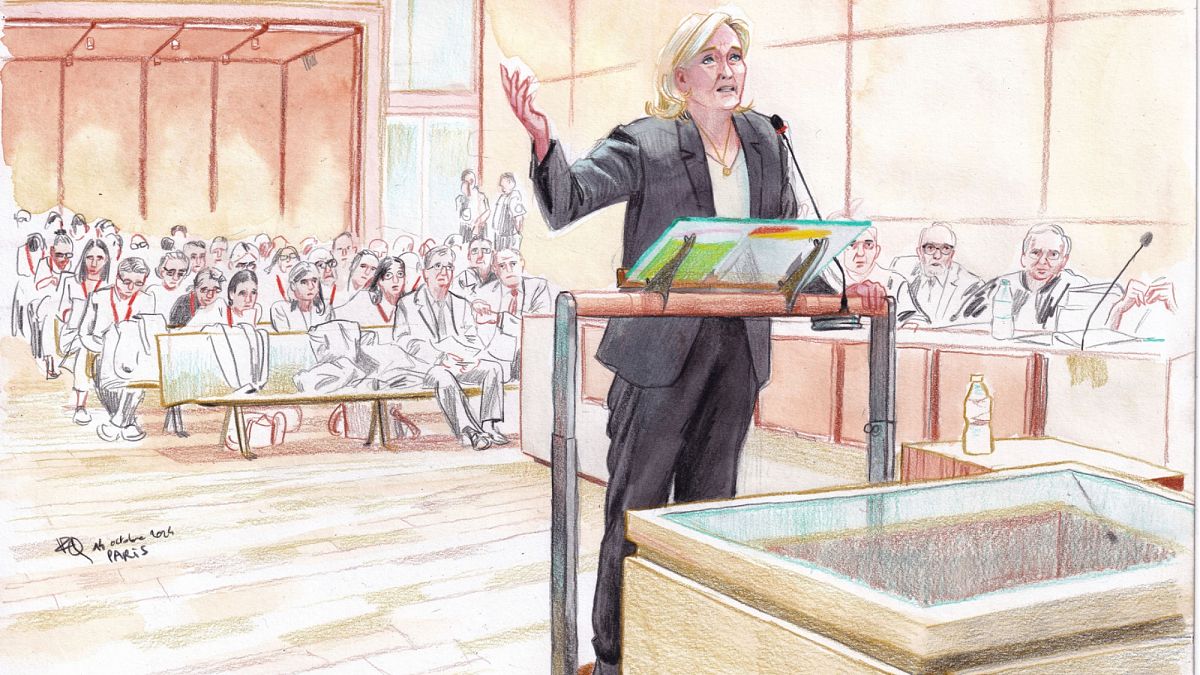
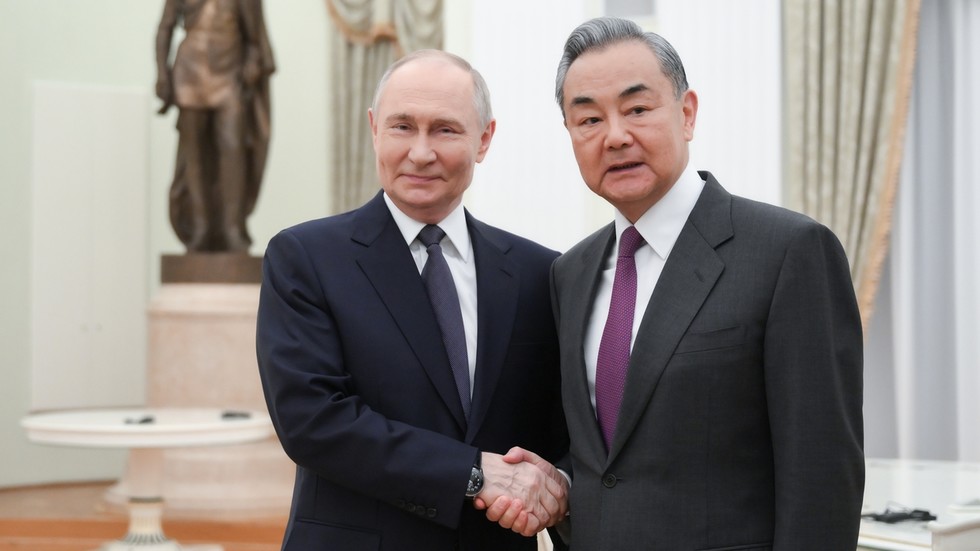
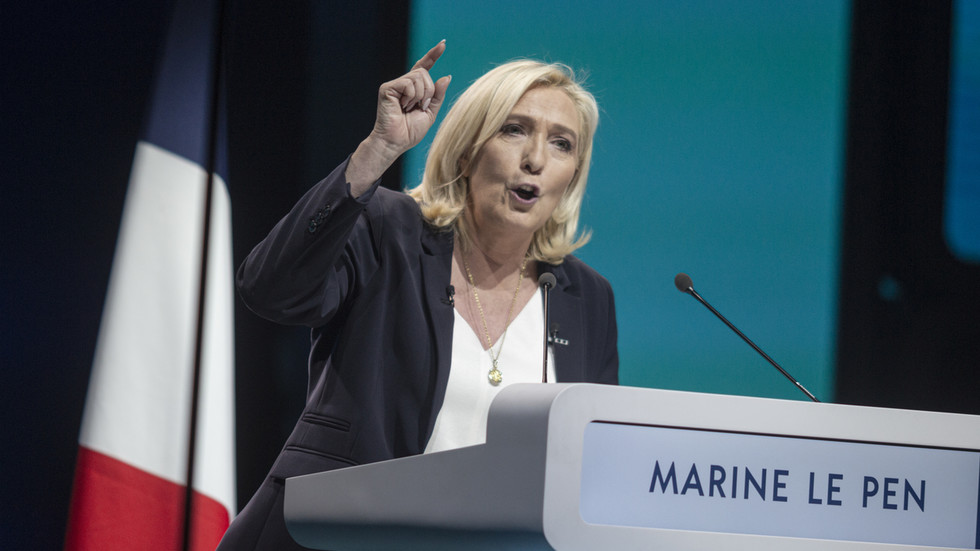
 We deliver critical software at unparalleled value and speed to help your business thrive
We deliver critical software at unparalleled value and speed to help your business thrive






 English (US) ·
English (US) ·